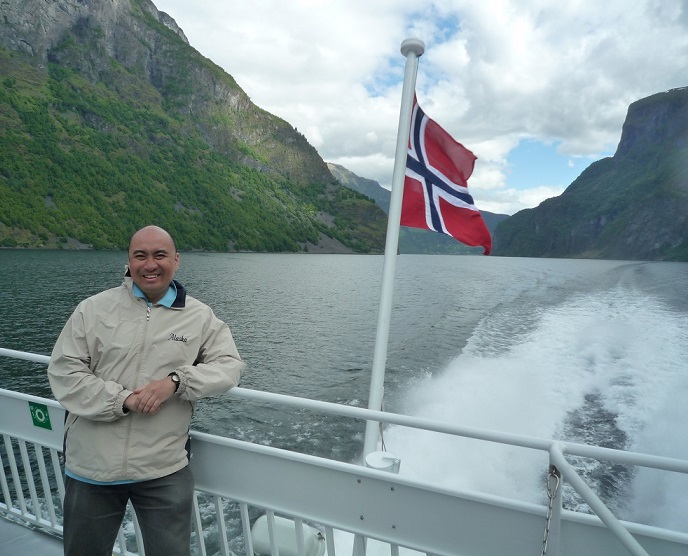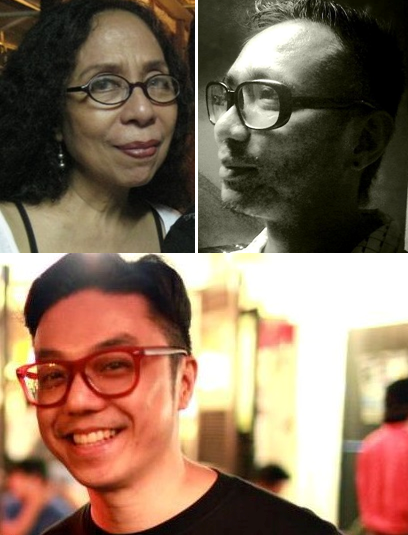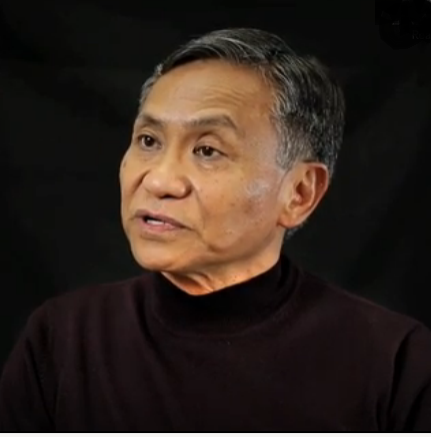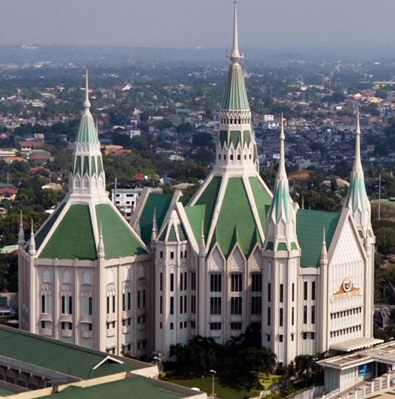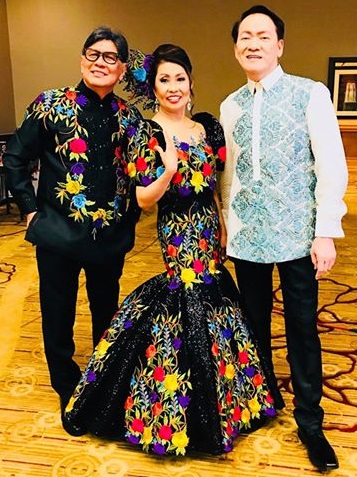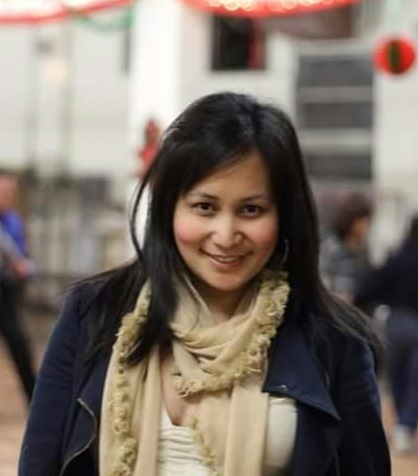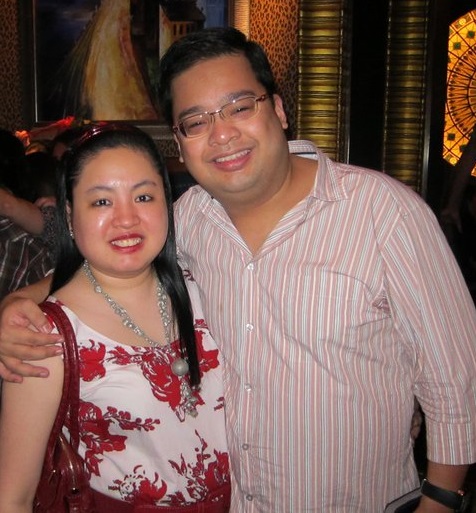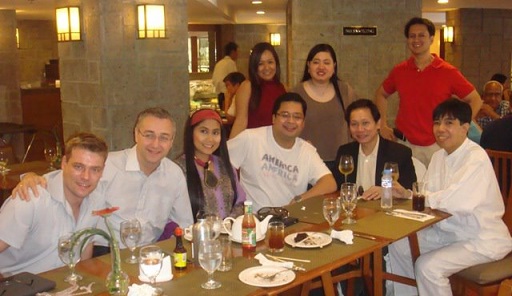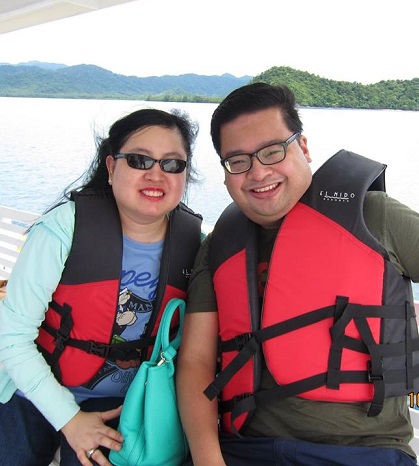BPO consultant Leonard de Guzman says ‘cliquish’ culture persists in PHL
By Wendell Gaa
This article is part of a continuing series on second-generation Filipino Americans who have returned to the homeland, lured by more fulfilling careers and an opportunity to bridge and embrace their two cultures.
Like anybody who has grown up the child of a diplomat or soldier, Leonard de Guzman has spent a good majority of his life traveling and living in different destinations outside of the Philippines due to his father’s engineering job for a U.S. oil company.
Born in Singapore, but then moving to Hong Kong and living there until he was 13 years old, and then moving back to Singapore where he finished high school, Leonard has had a nomadic upbringing not too dissimilar from the life this writer has had. And like myself, he is an American-educated 40-year-old Generation X’er.
Throughout much of the late 1990s, he studied at Pitzer College, a liberal arts institution in California which is a member of the Claremont Colleges just outside of Los Angeles, until earning his bachelor’s degree in neuroscience in 2000.
Today, the ever jolly bespectacled FilAm has been living a diligent and productive life as a business process outsourcing (BPO) consultant where he now resides in Makati City together with his wife of 15 years, Anna Katrina “April” de Guzman.
Leonard is a Vice-President for Marketing and Sales for the Southeast Asian region at the VFP Business Support Services, Inc. (BSSI), which is a leading BPO company in Manila that provides support, accounting, finance and other IT business-related operations. While Leonard specializes in asset management and financial funding in his position, his main professional background lies in oil and petrochemicals, and he was brought into the company to assist in finding accounting customers connected in those fields.
Both of Leonard’s parents — Eriberto “Bert” de Guzman of Nueva Ecija and wife Cynthia of Baguio — were educated in the U.S, with his father obtaining his Master’s in Business Administration (MBA) from Oklahoma State University and his mother attending college in Minnesota. They met and got married in Chicago. Bert de Guzman worked for Phillips 66, an oil company, where he was a chemical engineer and then promoted to executive management.
Leonard moved to the Philippines in the early 2000s upon a job calling with his old company DeWitt & Company, Inc. (now called Argus DeWitt), a petrochemical consultancy firm. His initial settlement was challenging at first, both on a political, economic and social level. The country at the time was undergoing a somewhat rough and uncertain transition with the 2001 overthrow of President Joseph Estrada’s regime as a result of corruption charges, and then into the fledgling administration of President Gloria Macapagal-Arroyo. The nation’s economic outlook was also for the most part, down and out because of the political uncertainty.
Leonard admits that in hindsight, it would have been culturally and socially easier for him to adjust to life in the Philippines had he moved here at this time compared to when he first moved here in the early 2000s.
“Today there are more Western expats living and working here, such as British, Europeans, Americans, Australians and New Zealanders,” he said. “When I first moved here, I had a difficult time finding FilAm and American friends, and not as much English was being spoken here.”
In successive years however, he has observed the growing diversity and cosmopolitanism in such areas as Makati.
“The most ‘American’ establishments one could find here during the late 1990s to early 2000s were practically just the Chili’s and Tony Roma’s restaurants, today there are Mexican restaurants, German beer halls and an array of other international establishments sprouting up here, a reflection of how much foreign investment the country has attracted over the past decade,” he observed.
He added, “Nowadays, there is a spike in the use of the English language here in large part due to the surge of BPO-related jobs which require English-speaking workers.” Leonard also feels more well integrated into life here now that he has friends who are both Filipino and foreign.
A hard reality that seems to remain though is what Leonard would describe are the social “cliques” in the country that persist to this day.
“What many people may suspect, but never openly talk about, is how the Philippines can be cliquish, the FilAms and Americans mix well with one another, but my local Filipino friends and American friends oftentimes won’t. They may initially mingle, but when it comes to social bonding, the groups will more likely than not stick to their own,” he noted.
Generally, Leonard advises FilAms who are interested to moving out here to the Philippines to try to “give it a shot” and to see and explore for themselves how the country is.
“The great things you will find here are not so blatant as, say, what you will see in New York or Las Vegas,” he said. “You will have to explore and discover for yourself what you will enjoy in the country. The great things here are not advertised, but can be found through good word-of-mouth and personal experience.”
He also reminds that with a lot of the local salary jobs here, the ultimate beneficiaries are the Filipinos themselves, and remains confident that his job is putting support into the local economy and will help develop the Philippines in the long term.
Leonard sees much promise and potential in Metro Manila’s economic and business outlook, and is looking into buying more commercial and residential properties in other regions in Luzon, such as Clark, Pampanga, Tarlac and Nueva Ecija, where he seeks to develop local businesses such as chicken and solar energy farms.
“In the end, Filipinos are the only ones who must take care of what’s going on in their own country, because it’s a fact that a good majority of money which foreign expats earn here will ultimately go toward their own business and family in their native country, whereas profits generated by local Philippine-owned corporations will benefit the citizens here,” he said.
Copyright © 2017 The FilAm


